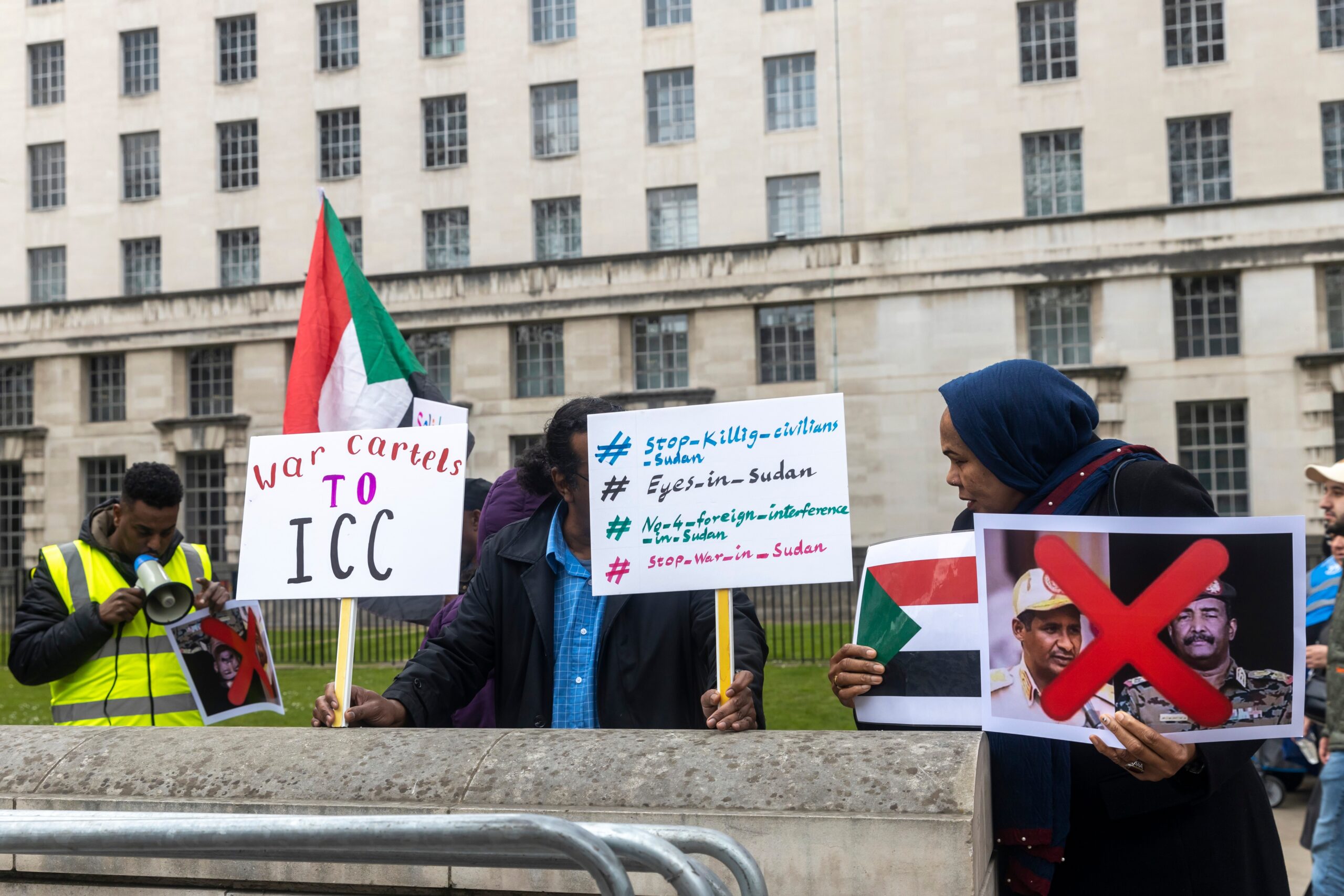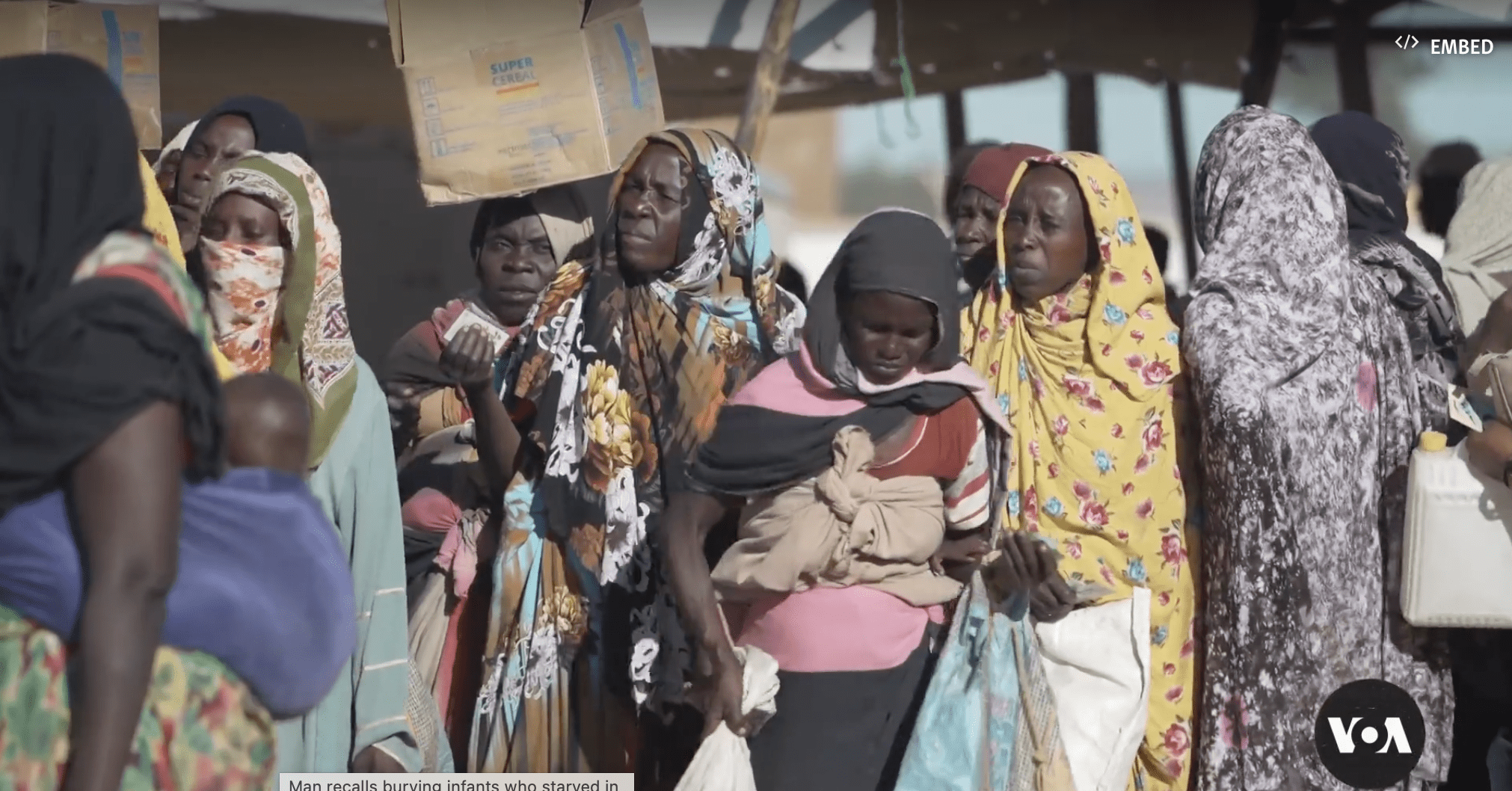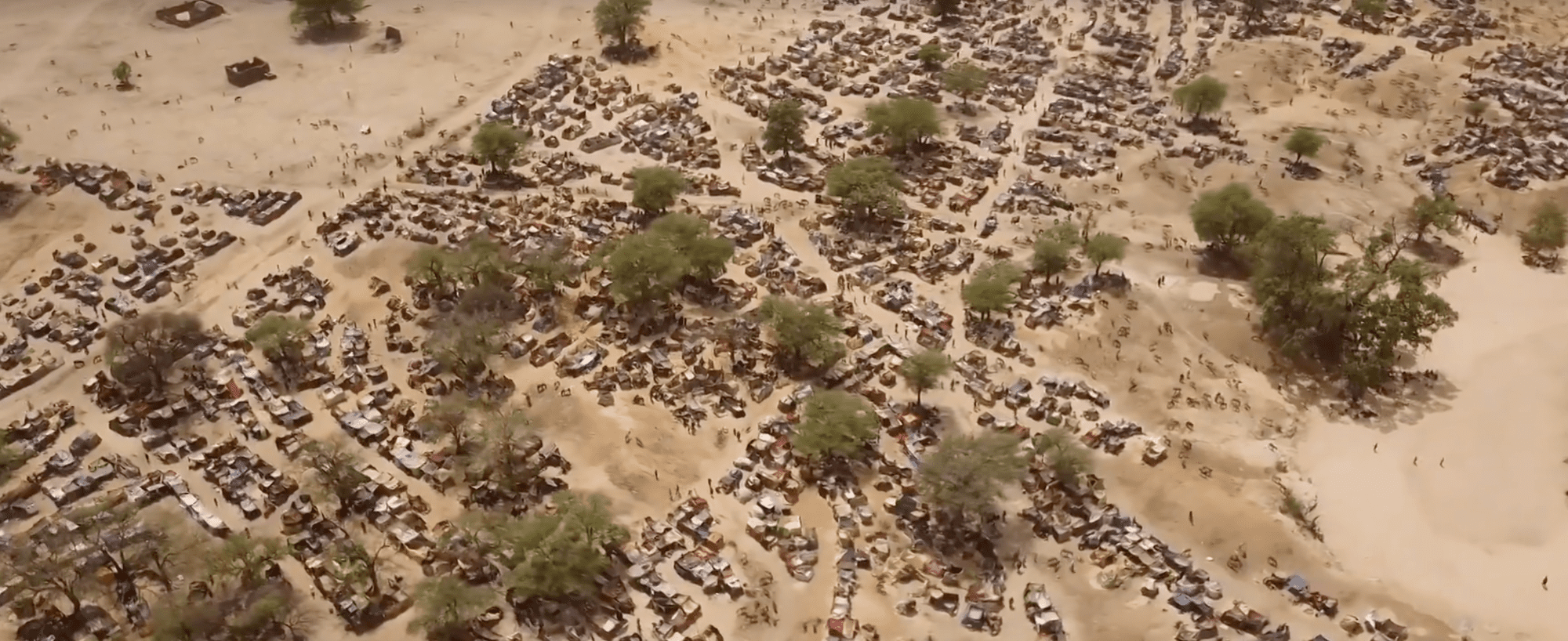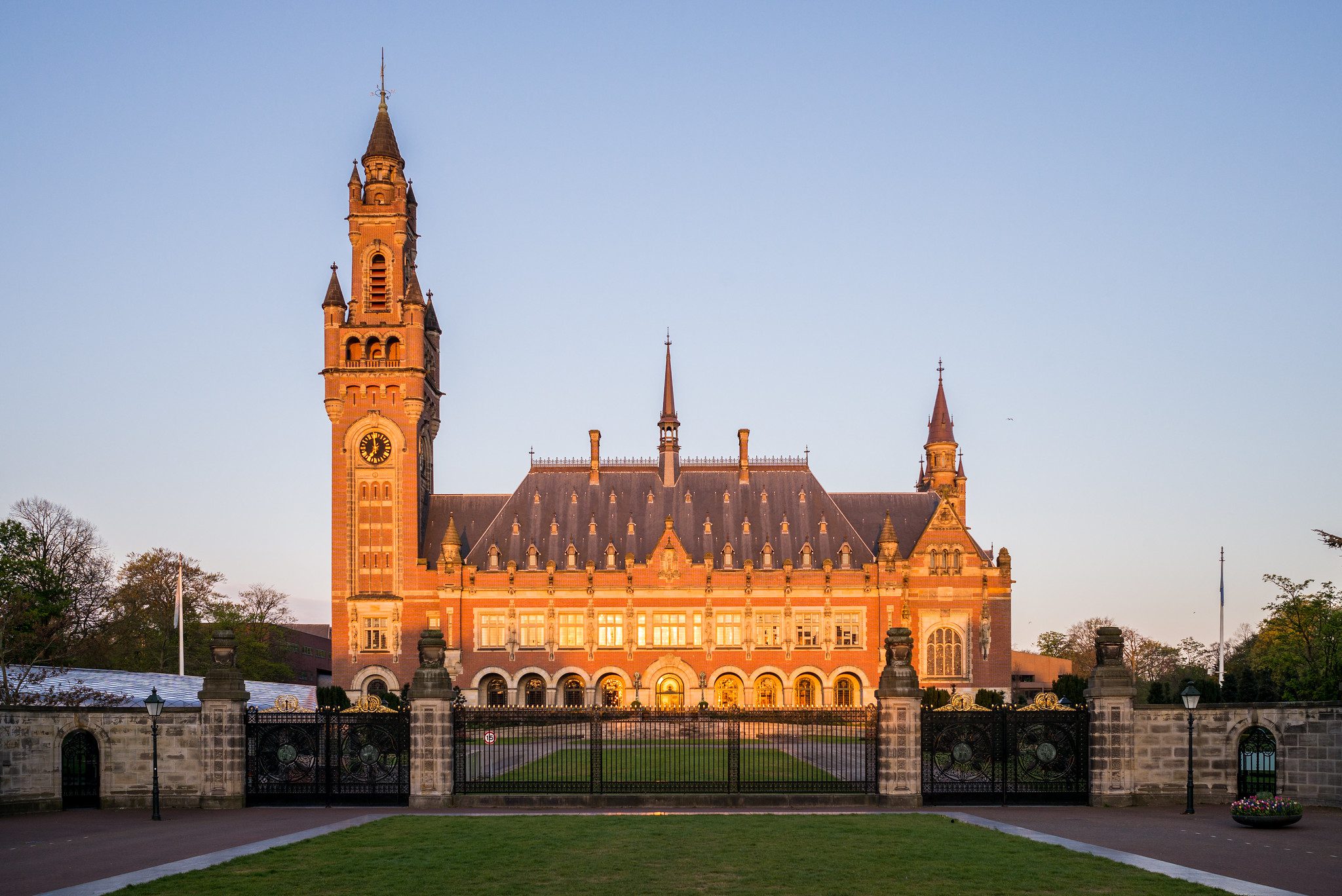Today, US Secretary of State Antony Blinken determined that Sudan’s Rapid Support Forces have committed genocide, and placed sanctions on RSF leader General Mohamed Hamdan Dagolo, known as ‘Hemedti’, and RSF-owned companies in the United Arab Emirates.
If anyone seeks to doubt RSF culpability, they need do no more than watch the RSF’s own video testimonies, that include fighters celebrating genocidal atrocities. These videos are as good as a confession, ‘guilty as charged’.
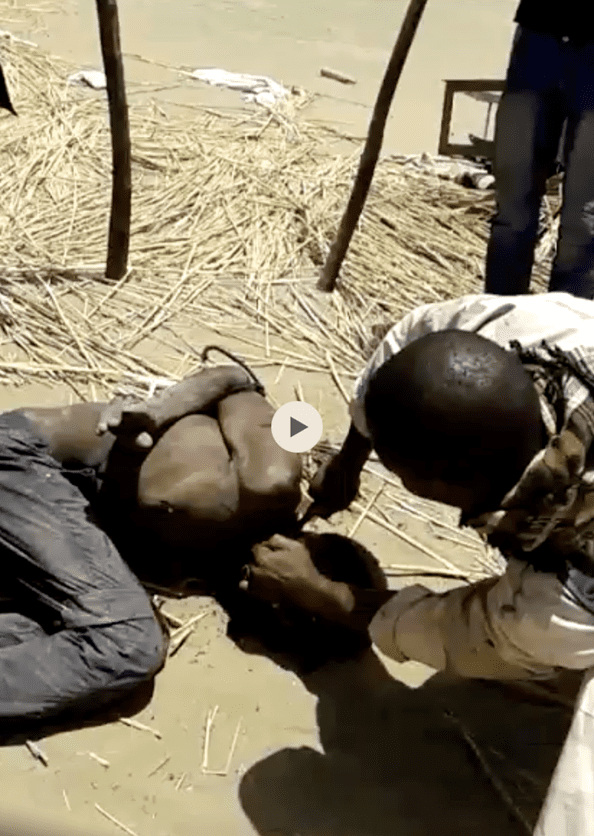
We have been here before. In September 2004, US Secretary of State Colin Powell determined that the Government of Sudan and the Janjaweed militia had committed genocide in Darfur.
The immediate outcomes were, first, huge stigma on the Khartoum regime, and second, a decision by the UN Security Council to set up an Independent Commission of Inquiry on Darfur, chaired by Justice Antonio Cassese. The ICID report recommended referring the Darfur case to the ICC, which the UN Security Council duly did with resolution 1593 on 31 March 2005. In due course, the ICC prosecutor charged Sudanese officials and militia commanders with war crimes and crimes against humanity, and President Omar al-Bashir with genocide.
Only one case against a Sudanese government official has been brought to court. It’s the case against Ali Abdel Rahman ‘Kushayb’, who surrendered to the ICC in 2020. He is facing trial on 31 counts of war crimes and crimes against humanity but not genocide; his case opened in April 2022 and the closing statements from prosecution and defense were made last month; a verdict is expected soon. Former President al-Bashir and the other wanted men remain in Sudan. The wheels of justice turn slowly.
Powell’s statement was also notable in that he said the genocide determination would not change US policy. At the time, US policy consisted of (first) ramping up a huge humanitarian operation, (second) supporting the deployment of peacekeepers (first AU, then UN) and (third) actively supporting a negotiated solution to the wars in Darfur and in southern Sudan. This policy disappointed the Save Darfur Coalition which was campaigning for regime change. Powell’s statement revealed a fact that the anti-genocide activists were reluctant to face, which is that the Genocide Convention obliges states to prevent and punish the crime, but does not include any provision requiring a military intervention to protect civilians or remove the party responsible for the crime.
Today, a genocide determination is primarily a moral statement. Its legal implications do not substantially advance what is already in place. The ICC still has jurisdiction over Darfur in line with the Security Council resolution from 2005. The prosecutor is investigating and is expected to announce arrest warrants.
This time the accused militia are fighting against the Government of Sudan, not on its side. But the generals of the Sudanese Armed Forces won’t be celebrating because they also stand accused, by the US and others, of war crimes.
Most Sudanese civilian groups will be celebrating the decision. It puts the issue of justice firmly back on the agenda. Secretary Blinken’s specific mention of ‘rape and other brutal forms of sexual violence’ highlights the extraordinary suffering of women and girls. The efforts by Gen. Hemedti to present himself as the face of the Sudanese revolution and a champion of democracy will suffer yet another setback.
The RSF’s external sponsors will feel the heat of reputational damage. The US is calling out the UAE by name, challenging it to close down both public and private channels of support to the RSF.
Many commentators will doubtless charge the US with double standards, pointing out its condemnation of atrocities in Sudan but not Gaza, and its willingness to highlight famine in one place while denying it in the other. Such responses do not in any way exculpate the RSF and its leaders from the crime of genocide, nor domestic and foreign apologists and sponsors from their responsibility for preventing and punishing the crime.
